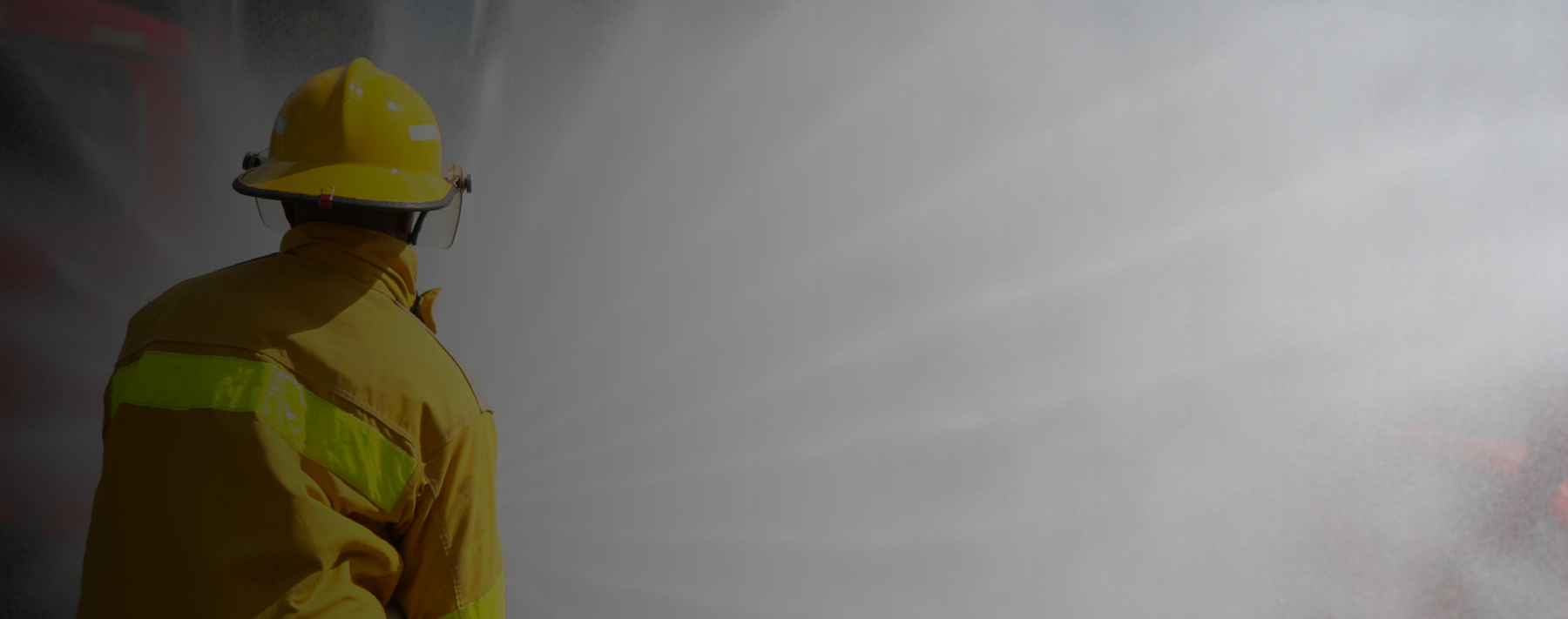Today’s firefighters are stretched to the limit on the number of tasks we are called upon to perform. It presents the question: How many different skills can one person really perform well?
This is an honest question many of us may not be willing to answer honestly. Our profession looks much different than it did 20 years ago. Today, America’s firefighters are who you call for a multitude of problems—or when you don’t know who else to call. Firefighters are asked to perform many different tasks beyond firefighting. Many of us are members of fire departments that provide fire suppression and EMS in a transport or non-transport role. Many of these same organizations also operate a special operations division that includes dive rescue, swift water rescue, fireboat operations, large area search, high-angle rescue, confined space rescue, trench rescue, structural collapse, vehicle/machinery rescue and hazardous materials incident response.
With each additional responsibility, members of the organization are asked to take on new tasks, learn new skills and perform them all when called upon. These are critical tasks that require proficiency and must be performed safely. If we fail, the consequences can result in significant injury or death. Even more challenging, we don’t experience high call volumes for most of these tasks, so we depend primarily on training to maintain firefighter skills proficiency. Before too long, some members could make a full-time job attending training just to keep up with continuing education unit (CEU) mandates for their licenses and certifications—and that’s not even counting special team proficiencies for the teams they are on!
Individual Perspective
Let’s use rope rescue as an example. Suppose your local jurisdiction has found out a new zip-line attraction is coming to your area. Because of this new community risk, the decision has been made to develop a rope rescue team to respond should someone become injured or trapped.
Firefighter Jones is a real go-getter and volunteers to be on the new team. Keep in mind Firefighter Jones already is a certified firefighter, a licensed paramedic, and a certified fire service instructor and fire investigator. Each of these skills require annual CEUs to maintain proficiency and to meet relicensure or recertification requirements. That means Firefighter Jones must spend a significant amount of time just to maintain his certifications. Depending on where Firefighter Jones works, these requirements may or may not require hands-on skills evaluation as part of the recertification/relicensure process.
Now Firefighter Jones is going to add rope rescue, which requires learning new skills during initial training and an additional commitment to proficiency training to maintain very perishable skills. Maybe Firefighter Jones has extensive rope experience because he spent time in the Scouts, or served in the Navy or Coast Guard, or participated in recreational rock climbing. Even so, it’s likely he won’t use this skill very often and must train regularly to be ready when he needs to perform at an actual event.
From Firefighter Jones’ perspective, this may not be a problem at all—in fact, it might make the job more interesting. After their initial training in the academy, firefighters are often looking for a new task or challenge to keep them motivated to come to work.
Community and Department Perspective
On the other side of this situation, however, is the fire department and the community it protects. Community members will almost always regard increased response abilities as a good thing; we all recognize people will call us for everything from toe pain to someone trapped in a collapsed building after a tornado has ripped the building apart. But ordinary citizens rarely realize the effort required to maintain these perishable skills and the danger involved in having personnel respond who may not have the required proficiency.
If you can forget a perishable skill like the proper way to fold a salvage cover, what more-critical skills have you likely forgotten too?
From the department perspective, an increased special operations capability is a good thing in terms of customer service, but smart fire department leaders realize this comes at a cost: With each new skill or certification comes additional time and commitment. As firefighters earn more certificates and continue to be responsible for more and more skills and abilities, they in turn require more training to keep skills proficiency. And that in turn can mean increased costs associated to send personnel to training. Even more important is the risk the department incurs in saying it has the ability to respond to a wide variety of incidents, when the skills involved erode quickly and firefighters rarely have the opportunity to use them outside training.
High-Risk, Low-Frequency
Firefighters gaining additional certifications isn’t negative in principal, but it can be problematic in practice. In fact, it can end up being what Gordon Graham, one of the founders of Lexipol, labels a high-risk, low-frequency event—as he puts it, “things that can go very badly, and happen very rarely.” A rope rescue call is a classic example: Members are expected to perform complex tasks and skills at a moment’s notice, but they have very few opportunities to actually practice these skills outside of training. That poses a risk to the fire agency and its members.
What each of us should do is take time to evaluate our commitments. How many different teams, departments and groups do you belong to? A more important question is, are you really good at everything you say you are? We have all heard the phrase, “Jack of all trades, but master of none.” Is that what the community really wants when they need rescue? In some jobs, lacking proficiency can be embarrassing or disappointing. When it comes to firefighter skills proficiency, however, the consequences of getting it wrong can be severe—it can be the difference between life and death.
Don’t think it can happen to you? Ask yourself, if someone asked you to perform a simple task like folding a salvage cover, could you do it? What does it matter, right? It’s just a salvage cover. But if you can forget a perishable skill like the proper way to fold a salvage cover, what more-critical skills have you likely forgotten too?
Consider all the skills in which you are responsible for maintaining proficiency. Have the courage to do some self-evaluation and honestly evaluate how proficient you are versus how proficient you need to be. If you’re not where you need to be, then get to work and get better. If you’re struggling to keep up with your skills, maybe your commitments have exceeded what you can realistically maintain. If you don’t have the time to invest in keeping your skills laser-sharp, then maybe you should consider scaling back your commitments.
Meeting Expectations
We all need to remember what the public expects when they call 911. They expect a superhero with a cape and a great big letter on our chest. And why shouldn’t they? When the public makes that call, it’s the worst day of their life. When we arrive, they expect us to be their superhero at that moment—which means we must perform at the highest level of service.
Many times, lives are truly on the line during special operations response, which involve very complex tasks with little room for error. Make sure that for every special team operation you are expected to perform, you don’t just know what to do in theory. You must know what to do as well as anything you have been trained to do in the fire service. These incidents aren’t just about making the public’s worst day a little better—they are also about making sure that everyone on your team goes home at the end of the response.



